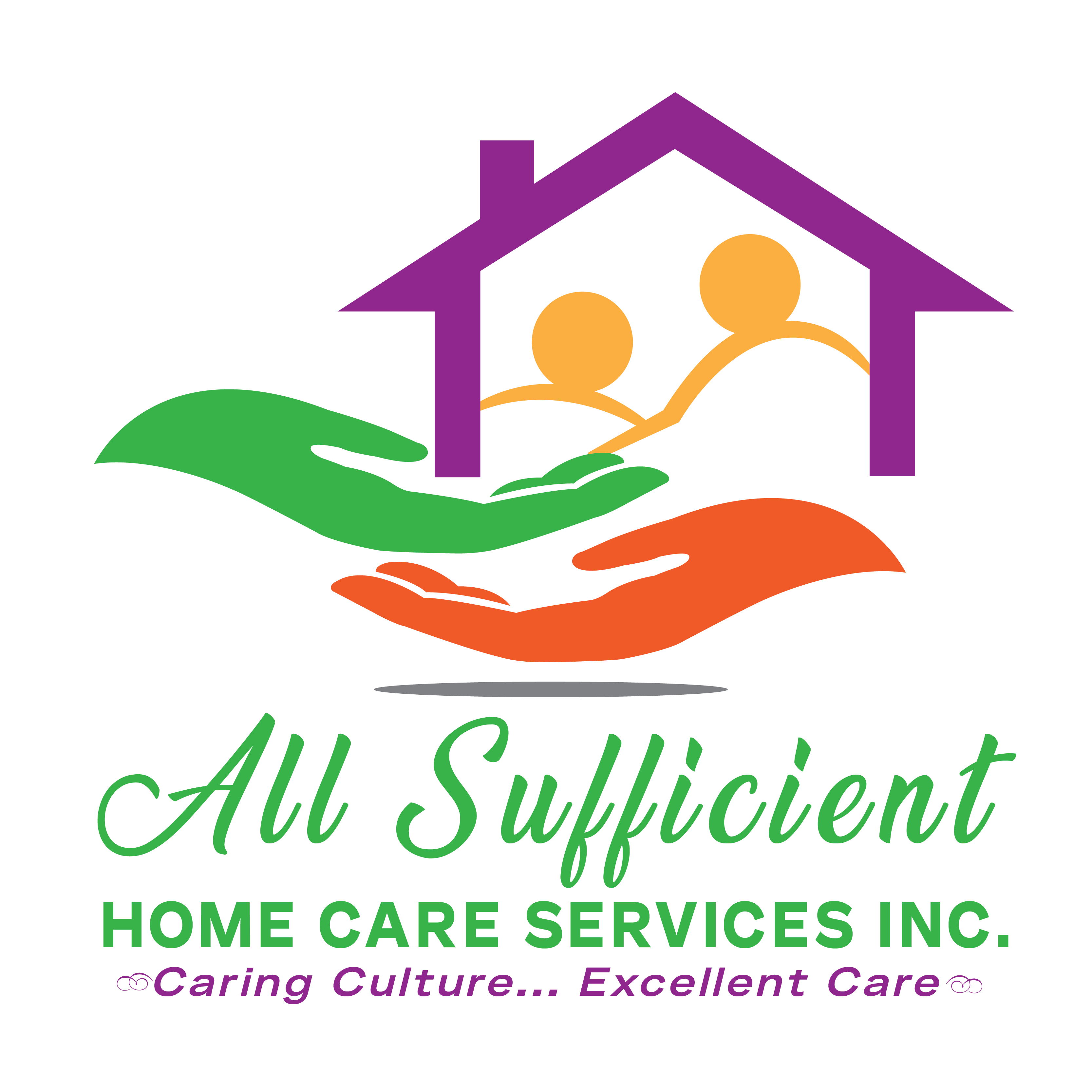If you’re an older adult, it can be difficult to remember how to take care of yourself. And even if you do know, there are times when your abilities will be limited by illness or injury, which means that you need to rely on others—your family members or caregivers—to help with daily tasks like bathing and grooming. But promoting good hygiene isn’t just about finding someone who can perform these tasks; it’s also important for you as well! Here are six ways we can promote good personal hygiene at home:
1. Take them to the doctor.
It’s important to make sure your elderly loved ones are getting the right care. The doctor will be able to help them with their personal hygiene and also give them a check-up, so they know how well their health is doing.
- Make sure they’re taking their medication regularly. If you notice that your senior isn’t taking his or her medications regularly, take him or her to see the doctor immediately so that he or she can get some proper treatment for whatever is causing the problem.
- Check if there are any changes in their eating habits; this could mean an issue with dietary compliance (e.g., malnutrition). If this is true then talk about it with your loved one before going through any other steps listed here because otherwise things may get worse instead of better!
2. Make sure the bathroom is equipped with safety features.
Safety is a top priority when it comes to caring for older adults. You want to make sure your elderly loved one has access to a bathroom that’s equipped with safety features so they can easily get in and out of the tub, shower or bathtub without assistance.
- Make sure the bathroom is well lit: The darker it is, the harder it will be for an older person’s eyesight—and even their hearing—to adjust. If there isn’t enough light in your elderly loved one’s bathroom, install sconces or lamps near where they’ll spend most of their time (such as by their bedside).
- Install grab bars on both sides of toilets: Grab bars are especially important when using a toilet as they help ensure proper balance while standing up after sitting down.* Install handrails inside showers: Handrails prevent falls by providing extra support during bathing.* Install shower chairs/benches in bathrooms with wide tubs; these allow people who need assistance getting into them from either side rather than just one direction only (like someone who has trouble bending over).
3. Purchase caregiving products.
When caring for an elderly loved one, it is important to recognize that they may not be as physically able to take care of themselves. In order to ensure that their personal hygiene remains clean and fresh, you will need to purchase some products that they can use.
When purchasing caregiving supplies, keep these factors in mind:
- Easy-to-clean materials. Ease-of-use matters! If your loved one has difficulty with accessibility or dexterity due to arthritis or other medical issues (or even just age), make sure the product you choose is easy enough for them to handle without having trouble grasping onto it properly.
- Affordable price point. Remember: “Affordable” does not necessarily mean cheap! While this may sound counterintuitive since most people associate cheap clothes with poor quality.
4. Keep nail clippers, a file, and lotion near the bed.
Keep nail clippers, a file, and lotion near the bed. If you have arthritis or other joint pain, it’s important to keep your nails trimmed so they don’t become too long. Nail clippers are also handy if you need to cut them down in order to avoid being able to reach around furniture without pain or difficulty. A file is essential for smoothing out any rough edges on your nails after trimming them with a pair of scissors (or electric ones). Lotions work well as moisturizers—the right one can even reduce dry skin!
5. Be patient during bathing and grooming.
It is important to let your loved one bathe in a safe environment. Make sure there are no loose objects around, such as jewelry or clothing that could be accidentally swallowed by the elderly person. Also make sure there is enough space for them to move around freely so they can use the shower comfortably and safely. If you need help with bathing or grooming tasks, ask for assistance from family members or friends who can lend a hand without being too intrusive; having others present may make your partner feel more comfortable about giving up control over their personal hygiene routines
6. Get help from a medical professional.
If you’re caring for an elderly loved one, it’s important to make sure that you have the right equipment and tools. You don’t want to be rushed into making a bad choice because you didn’t think it through enough. When considering which products or tools are best suited for your loved one’s needs, ask yourself the following questions:
- Is this product easy to use? If so, great! But if not, ask yourself whether or not they understand how it works before investing in them (or perhaps even buying them). If they do understand but still don’t use something correctly/safely enough then consider getting rid of them altogether since there will always be another option available later down the road when needed most urgently.
It’s important to promote good hygiene even if someone isn’t as capable of doing it themselves.
Hygiene is important for everyone. It can help prevent infection and other health problems, which makes it especially important for elderly people who may be more prone to falling because of their physical weakness.
Elderly people are often less able to do things themselves, so it’s important that you help them maintain good hygiene so they don’t get sick or injured.
Conclusion
The elderly are the fastest growing segment of the population. As they age, they will need more services and support than ever before. Unfortunately, many of these aging Americans are not receiving adequate care at home or in nursing homes. This is why it is so important for family members to be proactive about helping their loved ones maintain good personal hygiene habits through daily practices like bathing and brushing teeth.

